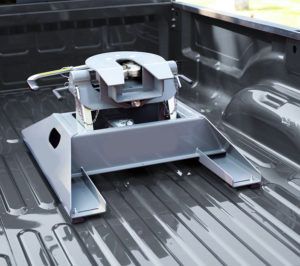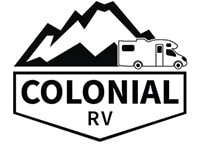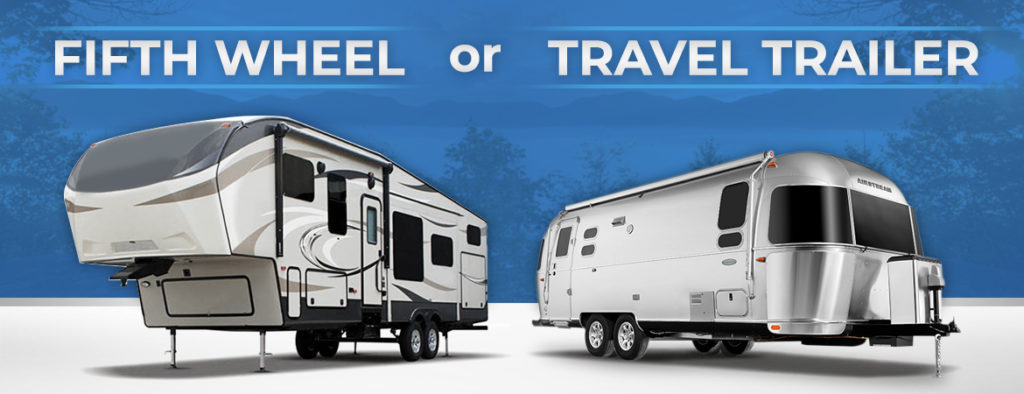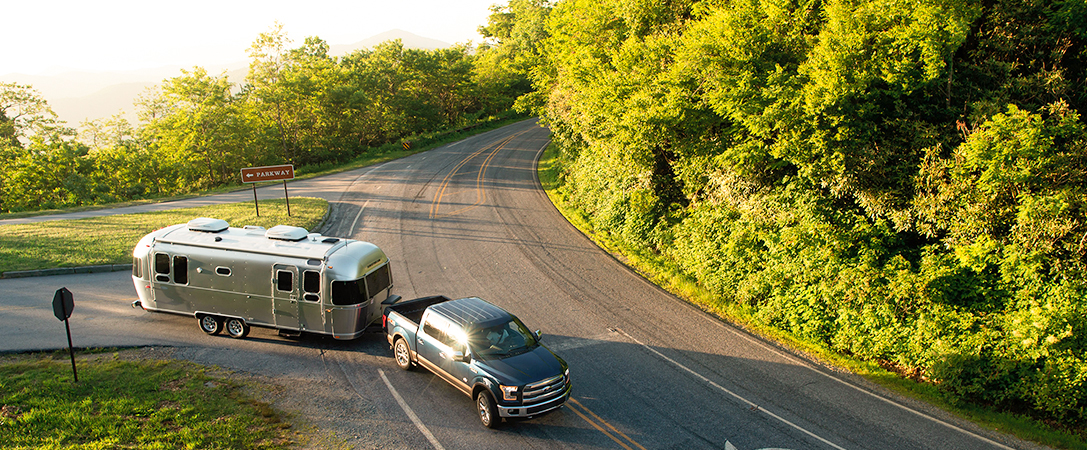Fifth Wheel or Travel Trailer
When it comes to towable RV’s there are two main categories, fifth wheel and travel trailers. Deciding which one is right for you depends on a few factors. Below you’ll find a list of some of the pros and cons of each to help make purchasing your next RV easier.
Towing
 The main difference between a fifth wheel and a standard travel trailer is how they are towed. Fifth wheel trailers require a pickup truck as the towing vehicle and will need to have a coupling to be installed in the bed of the truck. The fifth wheel trailer is considered safer to tow and sways less because the weight is centered between the axles of the towing vehicle. The fifth wheel trailer is also more stable when driving in windy conditions. But due to Airstreams low center of gravity, rubber torsion axles, and their overall aerodynamics, they are known to be the superior travel trailer when it comes to ease of towing. A travel trailer connects to a standard ball and hitch, it can be towed with most SUV’s or a mid-size truck eliminating the need to buy a new vehicle specifically for towing. The lightweight and maneuverability of a travel trailer is also better if you plan on driving narrow roads or driving in urban areas.
The main difference between a fifth wheel and a standard travel trailer is how they are towed. Fifth wheel trailers require a pickup truck as the towing vehicle and will need to have a coupling to be installed in the bed of the truck. The fifth wheel trailer is considered safer to tow and sways less because the weight is centered between the axles of the towing vehicle. The fifth wheel trailer is also more stable when driving in windy conditions. But due to Airstreams low center of gravity, rubber torsion axles, and their overall aerodynamics, they are known to be the superior travel trailer when it comes to ease of towing. A travel trailer connects to a standard ball and hitch, it can be towed with most SUV’s or a mid-size truck eliminating the need to buy a new vehicle specifically for towing. The lightweight and maneuverability of a travel trailer is also better if you plan on driving narrow roads or driving in urban areas.
Interior
If you are looking for a very spacious floor plan a fifth wheel trailer could be for you. Most fifth wheel trailers have multiple slide-outs creating a larger living space, but does add to the overall weight of the trailer. Travel trailers come in more variety of sizes compared to a fifth wheel, ranging anywhere from 16 feet like an Airstream Sport all the way up to the 33′ Airstream Classic. While travel trailers are smaller they still offer plenty of room to live comfortably while keeping all the amenities you’ll need.
Airstream Classic Interior
Parking
One category a travel trailer is better than a fifth wheel is parking in small areas. One thing to take into consideration is the height of a fifth wheel, they are typically a few feet taller so if you plan on traveling in areas with low clearances, a travel trailer will be a better option. While on the road a smaller trailer will make stopping for gas or food less of a concern, especially when parking. With a small trailer you can fit into almost any campground, if your rig is larger than 25 feet some campgrounds may not be able to accommodate you.
Maintenance
Typically a smaller travel trailer will require less maintenance than a fifth wheel. Often travel trailers have fewer tires to replace and most don’t have slide outs that can malfunction. One final thing to keep in mind is storing your trailer after you are done using it. Do you have room at your house or will you need to pay to keep at a storage facility? Smaller travel trailers can fit in most residential driveways saving you time and money.




